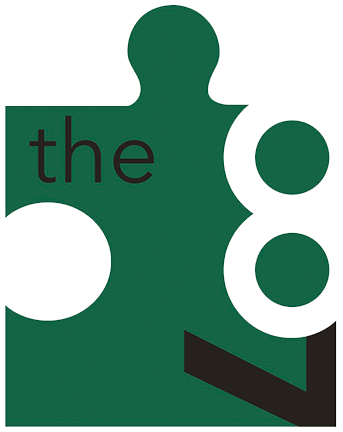Digital Poetics #21: BEAST: Venus As A Soft Boi Dub by Sascha Akhtar w/ Intro by Ghazal Mosadeq
Working Title of Experiment:
Radic|K|al Feminist Sufi Narratives
- To create ‘neu’ language through lived experience with ancient classical Sufi metaphysical tropes.
- Where does oral poetry ‘go’? In the poetic tradition of the Subcontinent, trance states are widely accepted - haal is the word utilised in poetry. Haal me aana. Having the ‘state,’ come upon you.
Parameters Of The Experiment:
The work only exists in audio and was created in a flow-state. No written notes or ‘editing’ was permitted. I was only ‘allowed’ to record the next phrase as & when it 'arose' - in one sitting over an hour or so – following a three hour zen meditation. I began, then clicked stop & ‘waited,’ for the next phrase to arrive.
Ghazal Mosadeq has written something about all this, for which I am grateful…
No Humans Were Harmed In The Making Of This Work.
- Sascha Akhtar
Sascha Akhtar in this recorded poem takes a high risk of opening herself up to the unknown by fully improvising a long poem after a long meditation. She adopts a strict constraint of not using any written script or notes and permits no editing. The entire poem is recorded in one go. She cannot add to or subtract from any line or idea. She is allowed to record her phrases (thoughts) as they arise. Therefore, there are a number of (sometimes long) pauses, in which the listener is invited to engage and to think along with the poet for the next phrase.
This intensely personal and political oral-poem is energetic in vocabulary and syntax. It employs spiritual sacrificial motifs of mythology as well as forensic terminology to elaborate on a self-exploration journey. This is a queer poem in its content but more so the queerness appears in its form and the spontaneity of its composition. Listening to the voice of the speaker, her breath, her simultaneous thinking and reciting, the listener can’t help but to conjure an image of the speaker sitting in the dark with the beast present at her sight. This queer conversation happens within the body but also at the times and in the geography of social isolation. When one is alone with their own beasts.
The beast introduced in this poem is a paradoxical figure: an eerily wandering giant that appears as an embodiment of desire but also as a figure who suffers from the pain of that desire, in an autistic mode of engagement with its own emotions. The beast is not in touch with its emotions, fails to understand love and therefore cannot be emotionally invested in ‘exploitation’, ‘colonialism’ or what ‘civilization’ calls ‘savagery’. “[t]he beast is not a vampire”. I believe this poem speaks of autism and traces imperialism and oppression back to love. Since the beast is incapable of comprehending human emotional attachment, it seeks to find its own pleasure seeking ‘style of attachment’.
- Ghazal Mosadeq
*
Sascha Akhtar is an ACE-supported artist. Engaged in contemplative practice for over 15 years, she holds space for transformation & development via a syncretic & intersectional synthesis of modalities in her teaching & mentoring at universities & centres for writing. Sascha has authored six poetry collections. Of Necessity And Wanting — a short story collection will be available October 2020 with 87 Press. She is a Poetry School tutor and judge for the Streetcake Experimental Prize.
In the words of Dr. Kimberly Campanello—Lecturer Creative Writing University of Leeds: Sascha Akhtar is a mystic and a poet, for real. Her performances channel the full body (of language) and beyond into a flare, with flair. Her poems chew and spew the necessary wisdoms. Lean in and listen.
Ghazal Mosadeq is a poet and translator based in London. She is the founder of Pamenar Press, an independent cross-cultural, multi-lingual publisher based in the UK, Canada and Iran.Her writings have appeared at Words Without Borders, Poetry Wales, Boiler House Press, Erotoplasty, Hesterglock Press, Plumwood Mountain, Gorse and Oversound. She has published three poetry collections, Dar Jame Ma (2010), Biographies (2015), and Supernatural Remedies for Fatal Seasickness (2018).
*
This publication is in Copyright. Sascha Akhtar and Ghazal Mosadeq, 2020.
The moral right of the author has been asserted. However, the Hythe is an open-access journal and we welcome the use of all materials on it for educational and creative workshop purposes.

